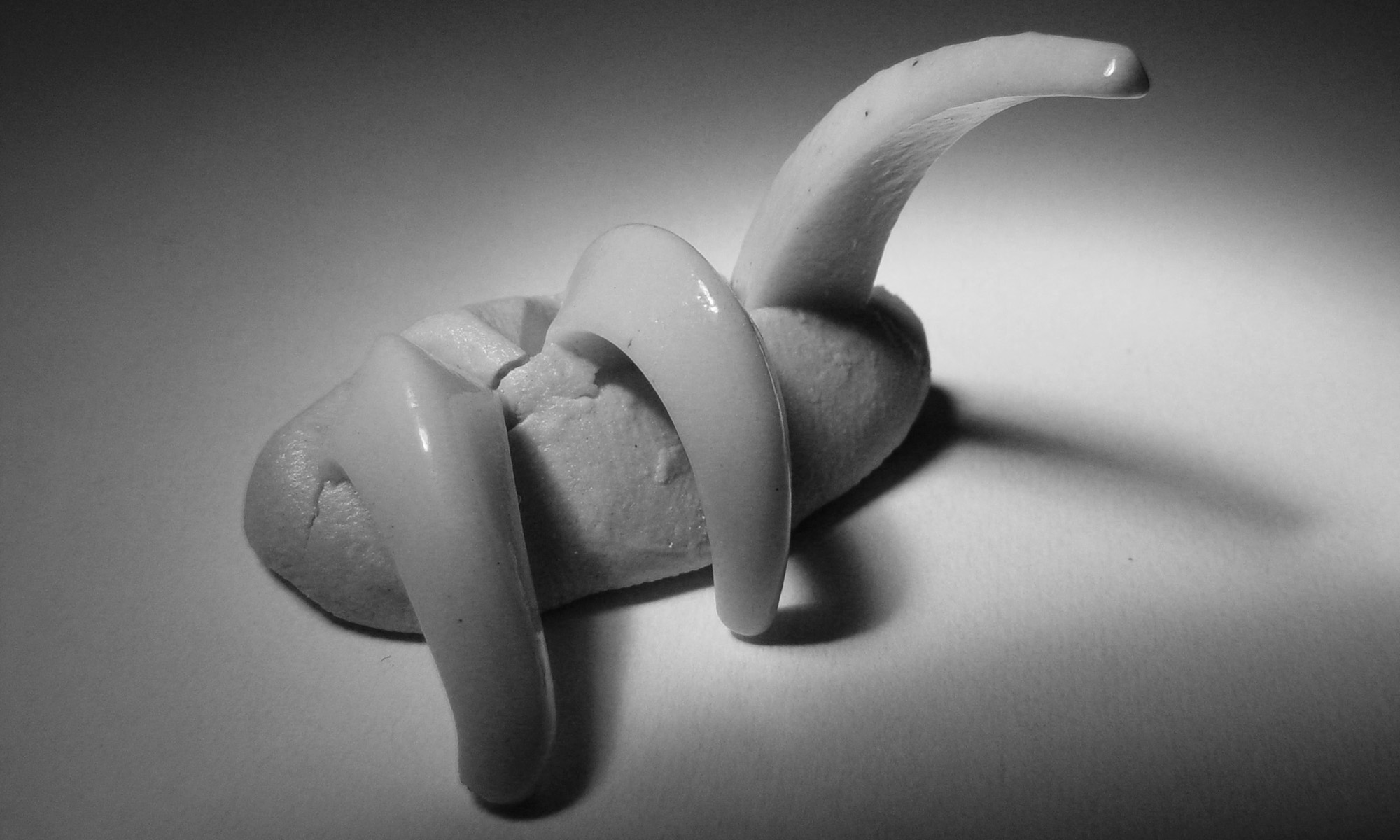Testing a cup internal glaze for thermal compatibility
Cups need to withstand the thermal shock of having hot liquid poured in over and over again. This places several requirements on the clay body and glaze coating, one of which is the need for the internal glaze and body to have compatible thermal expansion...
Ball Clay Sieve Residue
Ball clays are an important constituent of my custom porcelain bodies. They influence the throwing characteristcs and exert a powerful influence on crystal growth. They tend to be minimally refined whole sediments containing coarse particles that have no place in a...
Testing a Floating Blue Glaze
Recently, I was asked if I could formulate a glaze based on a recipe known as 'Old Forge B'. It is a type of glaze known as 'Floating Blue' so called because a blue opalescent layer of colour appears to float upon the glaze below. The mechanism is a high boron content...
Preparing glazes for application by brushing and dipping
Glazes are applied by a variety of means, each of which requires a different formulation. This article covers brushing and dipping. Additives which give the required chazracteristics include gums, flocculants and deflocculants. Parameters relating to glaze thickness...
Quantifying glaze application thickness
A glaze is a suspension of solids in water. Here are some parameters that are useful when discussing the glaze and its application. Glaze coat thickness The effect a glaze gives depends on how thickly it is applied. For some glazes the effect is dramatic and so it is...
Four Glaze Additives
Four additives that can transform the way you glazeGlaze formulations differ depending on how they are intended to be applied. Dipping and brushing have different requirements and single coating glazes differ from those intended to be multi-layered. Much of the...
Firing Control
A numerical approach to firing control using a master sintering function.
Deflocculation as an alternative to calcining zinc oxide
Zinc oxide, the essential component of crystalline glazes is the source of one particular type of problem that can drive the potter to distraction. This is the familiar situation: a crystalline glaze recipe is mixed and enough water added to achieve a brushing...
Cristobalite. A cautionary tale not to believe expectation over observation.
Cristobalite mistakenly added to a porcelain body.
Good mixing of porcelain is essential for workability
Powerful mixing of a porcelain body reduces the need to ageing.

